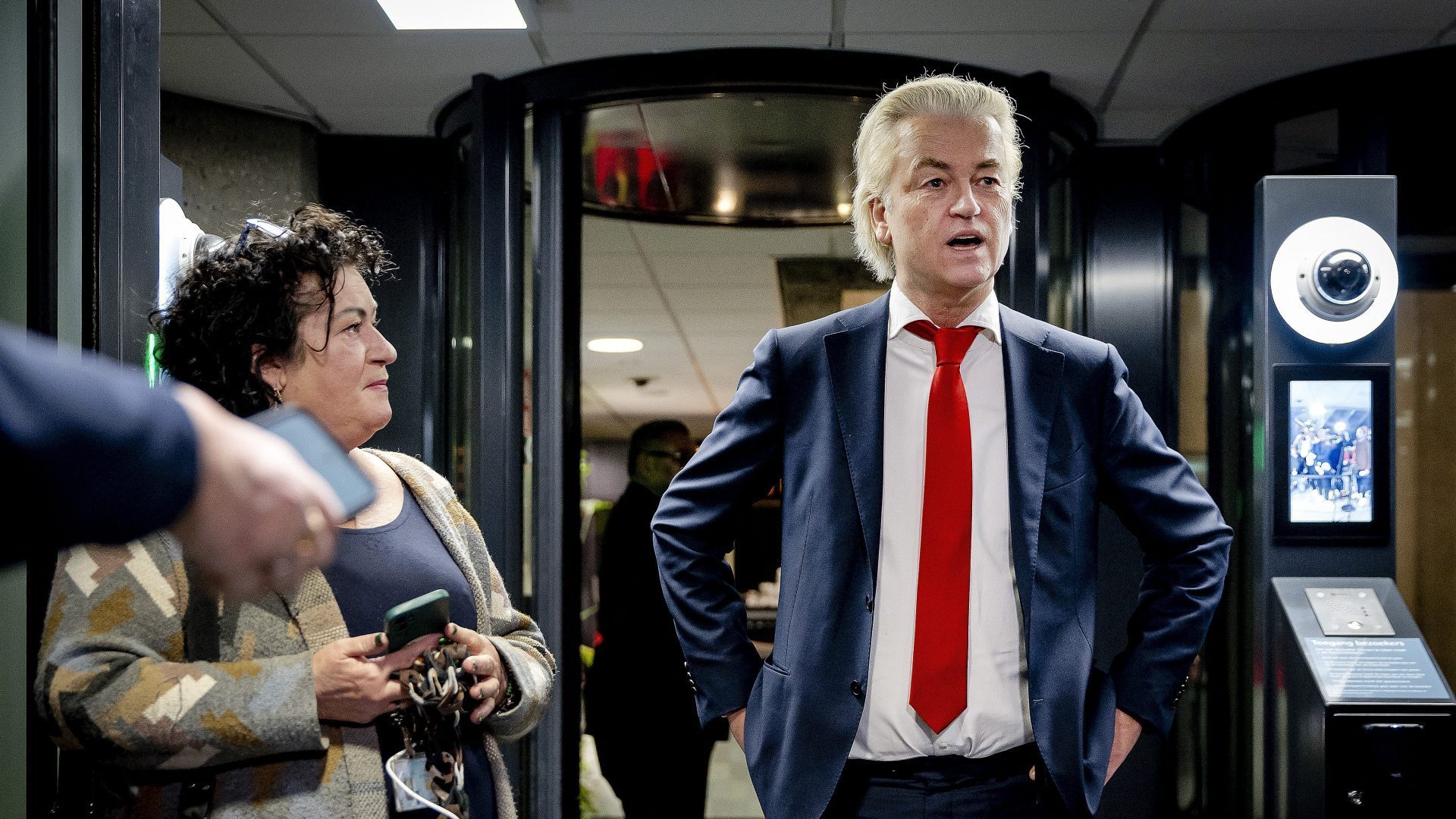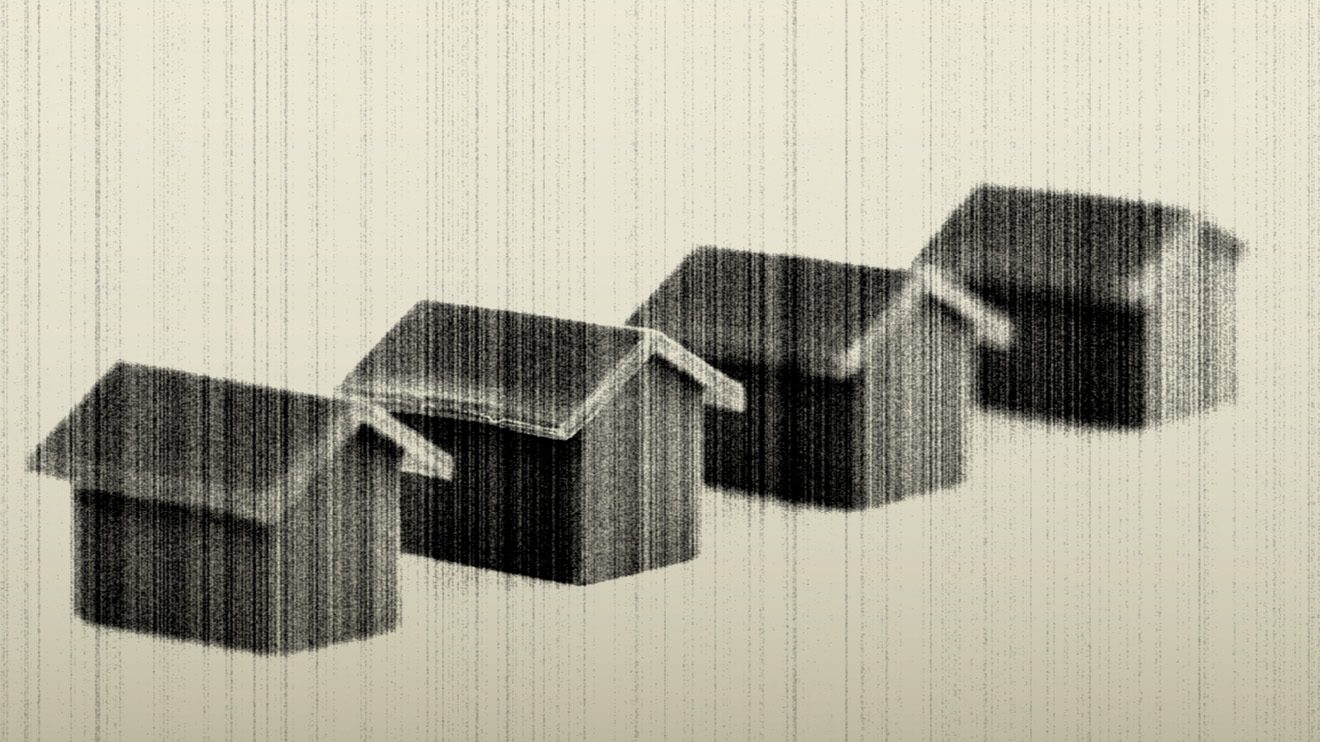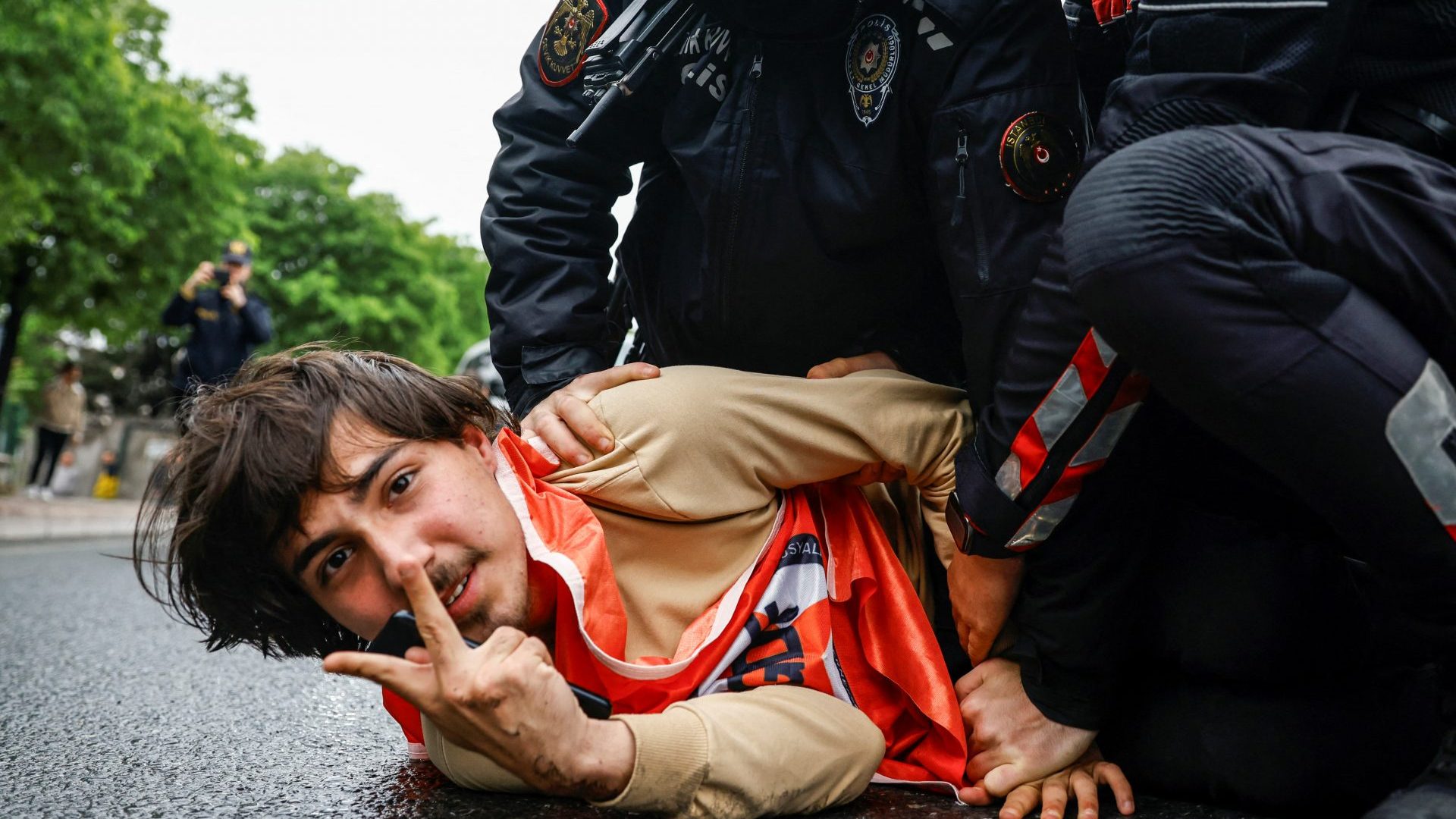He will not become prime minister because at least one of his coalition partners regards him as unsuited to represent the Netherlands on the international stage. But far-right, anti-immigration and anti-Islam firebrand Geert Wilders will in effect head the new coalition in the Netherlands after reaching an agreement in principle with three smaller parties.
Wilders has called the moment “historic” and it would indeed position him at the helm of a country that has somehow managed to maintain an image as a tolerant, progressive society, despite a decades-long rightward drift. No real surprise when Italy veered toward the far-right, but the Netherlands?
The new government will be supported by the most right-wing combination of parties in Dutch post-war history. It groups the liberal-conservative right, the Christian-conservative right and the farmers’ right with the far right, and should put to bed any lingering notions of the Netherlands as a freewheeling, druggy wonderland.
Wilders’s party, the PVV, came out on top in elections in November last year and the coalition partners can already claim one major achievement – it took them about half the time it did for the previous government to reach agreement.
But there are still some hurdles to be cleared. Among those, the question of identifying the prime minister – if not Wilders, then who? In the wake of his election triumph, Wilders made clear his disappointment at being barred from a position he thought it was rightfully his.
Perhaps counterintuitively, one of the leading candidates for the post is the former minister Ronald Plasterk – a Labour politician. He oversaw the opening stages of the new government’s formation, acting as a neutral arbiter.
Plasterk seems to have moved away from the Dutch Labour party, PvdA and before his role in the negotiations he had a column in the right-of-centre Telegraaf newspaper.
It’s not clear whether all coalition parties are lining up behind him. But then who wants to be prime minister in name only, while Wilders in effect pulls all the strings?
What’s more, this kind of coalition is something of an experiment, and not just with kooky far-right ideas. The agreement in principle is just twenty-six pages, a fraction of previous iron-clad coalition deals that spelled out a government’s every move for the term of the parliament. This gives the parties’ parliamentary factions a lot of control and raises the prospects of some epic political wrangling to come.
It’s anybody’s guess how much impact Wilders and the new coalition will have. Not being the prime minister, and with his coalition partners keeping a wary eye on him, Wilders might have to keep a lower profile than he’s used to. On the other hand, this agreement could further legitimise him and merely serve as a stepping stone for an even greater PVV majority next time around. Then it might no longer be possible to deny him the top position.
In terms of policies, the new coalition wants to take measures to restrict immigration and to make life tougher for asylum seekers – it wants an opt-out from EU rules on asylum. Another major plank is the weakening of Dutch climate goals. Both policies could run foul of international treaties and EU rules and despite the agreement in principle, at least two coalition parties might baulk at that.
Wilders has recently become a bit more moderate in his anti-EU rhetoric and does not have the support of the other parties for a referendum on “Nexit”. But his success in forming a government could boost his support in the upcoming European parliament elections, where the far-right is expected to do well.
Politically extreme he may be, but the advent of Wilders as the country’s de facto leader might not cause many ripples in mainstream Dutch society. A complacent Dutch commentariat might point to the other three coalition parties and assume they will restrain his worst impulses.
That might turn out to be naïve. Wilders plays the long game – things might never be the same again.



